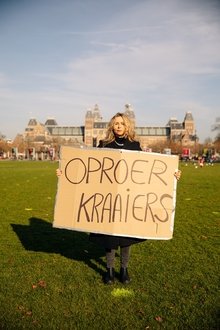A story about the GLBTQ community at Gettysburg College: students and faculty, past and present. Enjoy a glimpse of their lives as they discuss everything from Coming Out to Dorm Drama to gBurg's RED HOT dating scene.
Related Movies

Trans*BUT — Fragments of Identity (2015)
Fragmentary perspectives on Human Rights and transgender (trans*) People in Turkey. What remains at the place where a murder happened? What constitutes trans* life? How to cope with daily violence and hatred? We begin to search for traces. We follow the tracks of resistance and survival. We are collectors of the expelled. We gather fragments of trans* lives inspired by texts of Nazim Hikmet, Foucault, Benjamin and Zeki Müren. Trans*BUT is a documental research study driven by the question: “What keeps you going when all else falls away?”

NARC. Mini-Doc – North East Cultural Activism (2022)
This documentary speaks to local activist groups in the music industry and culture scene to find out why people are driven to fight back and speak out on subjects they’re passionate about. With an aim of inspiring the next generation, each activist gives their advice on how you can put a cause you are passionate about in the local scene into action. Hope Lynes spoke to Phil Douglas from LGBTQIA+ organisation Curious Arts; grassroots promoter Hana Harrison from Art Mouse; Tracks' Sarah Wilson, who campaigns for better female representation in the music scene with her project Noisy Daughters; Chantal Herbert from feminist Black and queer-led organisation Sister Shack; and disability activist and musician Ruth Lyon. It’s hoped that this intimate and personal documentary will explore the starting points to beginning your own activism.

LGBTs no regime militar (2018)
In 1980, the first march of gays, lesbians and transvestites took place in Brazil in protest against the constant police operations that took place in São Paulo, which aimed to repress these groups. Based on Renan Quinalha's doctoral thesis, “Against morality and good customs: the sexual politics of the Brazilian dictatorship (1964-1988)”, carried out by the Institute of International Relations, a series of four 5 minute videos about the birth of the LGBT movement during the Military Regime.
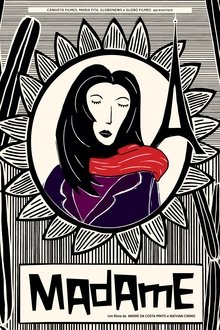
Madame (2019)
The documentary tells the story of Camille Cabral, Northeastern woman, transsexual, first Brazilian elected in France.

İris (2020)
Biographical trans documentary film in which Iris Mozalar, a young artist, shares her diversity of being a bisexual transgender woman, the process of creating herself and her reflections against society.
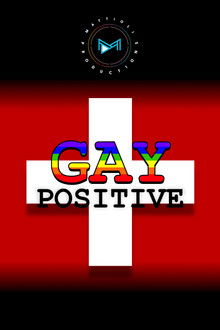
Gay Positive (2014)
Gay Positive is the story of one man trying to bring to attention the outdated ban on gay men donating blood in the United States of America. This documentary is meant to inform and educate people on this controversial issue. A woman who recently received her nursing degree presents facts that could suggest that in order to keep our blood supply clean and abundant, we must update our current screening process for potential donors. By taking the camera to the streets, Gay Positive captures the opinions of people from many walks of life regarding how they feel about the ban today. One of the questions posed was, "If you were in need of a blood transfusion and the donor was healthy, would it concern you if this generous individual was a gay male?" Recent history proves that when tragedy strikes, donor centers are often in short supply and struggle to meet demand. The ban forces organizations such as The Red Cross to reject willing, disease-free, healthy individuals.
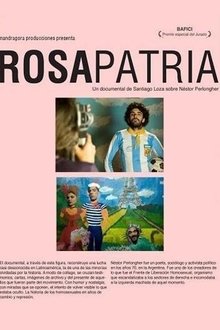
Pink Motherland (2009)
A documentary about Néstor Perlongher. His life, his poems, and his activism in Argentina's Frente de Liberación Homosexual (homosexual liberation front).
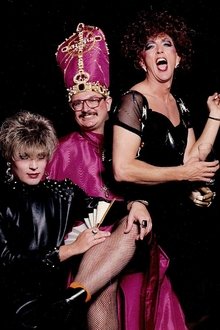
Outliers: Calgary's Queer History (2018)
A deep dive into the historical, social and political forces which shaped the development of the queer community in Calgary. Featuring extensive footage and B-roll film from Calgary Pride in the 90’s, queer leaders recount a decade of turmoil, loss, and growth of activism and human rights. The film is a first-hand account of the frontlines of LGBTQ2+ activism at a time when the right to be out in Alberta was not legally protected, visible or developed. Spanning stories from 1960-present day, this feature length documentary delves into the moments and victories which brought an entire community from the darkness into the light.
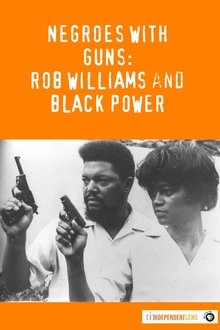
Negroes with Guns: Rob Williams and Black Power (2004)
Rob Williams was an African-American living in Monroe, North Carolina in the 1950s and 1960s. Living with injustice and oppression, many African-Americans advocated a non-violent resistance. Williams took a different tack, urging the oppressed to take up arms. Williams was stripped of his rank as leader of the local NAACP chapter, but he continued to encourage local African-Americans to carry weapons as a means of self-defense. Wanted on a kidnapping charge, Williams and his wife fled to Cuba. His radio show Radio Free Dixie could be heard in some parts of the United States.
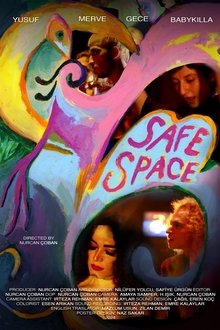
Safe Space (2024)
This documentary discusses how LGBTIQA+ people experience the streets and nightlife of Istanbul in terms of a safe space through the unique, yet common experiences of queers from different backgrounds, and focuses especially on nightlife and the issue of safe space there, which is a very critical area for queers to exist as they are.
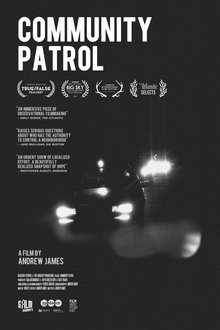
Community Patrol (2018)
It’s been widely reported that Detroit is making a comeback, but long-term residents of Detroit’s mostly black neighborhoods aren’t seeing much benefit. Crime, lack of opportunity and infrastructure problems still persist. Community Patrol explores neighborhood self-policing through the eyes of Minister Malik Shabazz, a long-time Detroit activist and community organizer. Determined that more black men don’t end up in jail or killed, the minister confronts drug offenders directly rather than reporting them to the police.
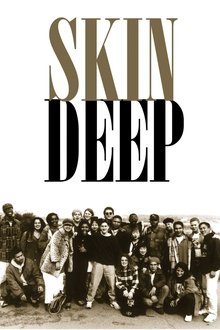
Skin Deep (1995)
A multi-racial group of college students in a weekend racial sensitivity workshop discuss affirmative action, self-segregation, internalized racism and cultural identity. The film continues as they return to their campuses (University of Massachusetts, Texas A&M, Chico State, and U.C. Berkeley) and visit home.
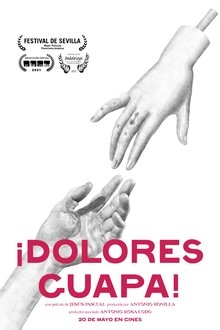
Dolores guapa! (2022)
Religious-based images and traditions permeate the lives of all the people who inhabit Seville. Historically, the city's mariquitas ("sissies") have also assimilated them in their childhood and, through them, have been creating their own encounter spaces and their own codes. Nowadays, new dissident identities continue to respond to them: they participate or distance themselves, they continue what exists or transform it. This film looks at these traditions from a perspective always relegated to the margins.
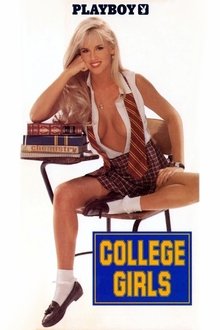
Playboy: College Girls (1994)
Year in, year out, Playboy magazine's college pictorials are a big hit. Now, for the first time ever, our course in collegiate beauty comes to video with some of the most beautiful student bodies in the nation.

Bishop Yvette A. Flunder: San Francisco Foundation Community Leadership Awards 2011 (NaN)
The San Francisco Foundation Community Leadership Awards presents Bishop Yvette A. Flunder, founder and director of Ark of Refuge, with the Robert C. Kirkwood Award for courageously addressing the issues of HIV/AIDS prevention, response, and care within the African American faith community. As a pastor, scholar, teacher, and activist, she has united gospel and social ministries to create unique programs that improve the quality of life of some of the most marginalized in our community.
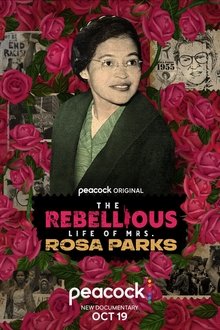
The Rebellious Life of Mrs. Rosa Parks (2022)
Beyond her historic role in the Montgomery Bus Boycott, this comprehensive dive into Civil Rights icon Rosa Parks sheds light on her extensive organizing, radical politics, and lifelong dedication to activism.

Homosexual (2013)
In this funny and erotic mockumentary, director Toby Ross takes an out of the box look at homosexuals - dividing them into two major groups: those who are into it for the sex and those who are looking for relationships. The live reenactments are an eyeful and it goes through all the levels and strands of gay guys. Out and proud, fringe homos, closet cases by design, country fags, and more.
